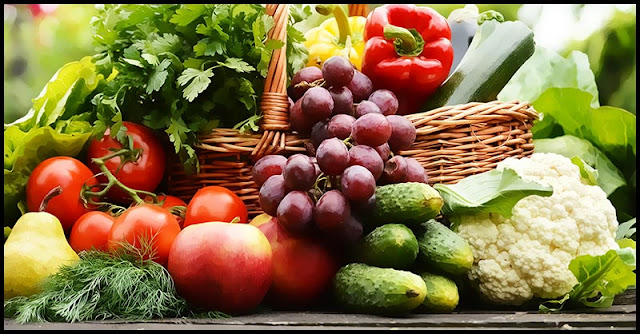Not all breast cancer is the same. It can either be an estrogen receptor-negative (ER-negative) or estrogen receptor-positive (ER-positive).
As compared to ER-positive tumors, estrogen receptor-negative tumors are less likely to respond to hormone therapy. It is typically more aggressive. There aren’t as many treatment options for women who develop ER-negative breast cancer.
Study Details
This scenario brings new advances and studies with the aim of preventing and treating ER-negative breast cancer.
In a 2017 study conducted by the researchers at the University of Alabama at Birmingham, certain foods were identified to have the ability to transform ER-negative breast cancers into a more treatable disease.
In the study which involved mice, they used epigenetics to identify in common foods the two specific compounds which could possibly be used to turn on ER gene in ER-negative breast cancer so that cancer could be treated more easily.
They identified two compounds – polyphenols from green tea and sulforaphane from cruciferous vegetables like sprouts and broccoli. Using this dietary treatment, the tumors in the mice changed from ER-negative to ER-positive cancers. In this way, breast cancer can be treated easily.
However, clinical trials should be done first since this research only looked at mice.
Best Foods
Though the effects of polyphenols and sulforaphane on humans with ER-negative breast cancer still needs more research, these compounds can be received by your body by switching to a plant-based diet. This diet can provide many health benefits such as lowering inflammation, assisting weight loss, and supporting pH levels. Plant-based foods include:
Green Tea
Green tea contains polyphenols. Some other sources include cocoa powder, dark chocolate, clove, blackberries, and strawberries.
Healthy Fats
This includes coconut, hemp, avocado, flax, sesame, and olive oil. Other sources of good fats from plant-based foods are coconut milk, avocado, nuts, and seeds.
Broccoli Sprouts and other Cruciferous Vegetables
Broccoli sprouts contain sulforaphane. Other cruciferous vegetables like kale, radish, Brussels sprouts, bok choy, collard greens, watercress, cauliflower, broccoli, cabbage, turnip, kohlrabi, and broccoli rabe, and mustard greens also contain this compound.
Fruits
Fruits are great sources of vitamins, water, antioxidants, and fiber. Choose kiwi, melon, berries, tropical fruits.
Whole Grains
Whole grains are an excellent source of fiber. Included on the list are wild rice, barley, quinoa, brown rice oatmeal, millet, buckwheat, faro, and amaranth.
Foods To Avoid
Plant-based foods are not created equal. Skip these foods if you switch to a more vegetable-packed diet:
Vegetable Oil
Vegetable and canola oils are some of the processed oils that are extracted by the use of solvents. The fats in these oils are exposed to air and light, thus oxidizing it and turning them rancid. After this, the fats are then boiled in order to remove most of the solvent. The high heat and pressure create dangerous free radicals because it destroys antioxidants and alters the chemical nature of the fat.
In order to extend the shelf life of these oils, BHT, BHA and other dangerous preservatives are often added to them.
Fruit Juice
Generally, fruit juices contain more sugar that quickly hits the bloodstream. In addition to this, some juices aren’t really made from 100% pure fruit juice.
Soy
Present in soy are phytoestrogens, which mimic estrogen in the body. A woman who used to consume foods that increase estrogen level can have a higher risk of cervical cancer, PCOS (polycystic ovary syndrome), breast cancer and other hormonal imbalance related disorders. Also at present, 90% of soy is genetically modified making it really dangerous to your health.









